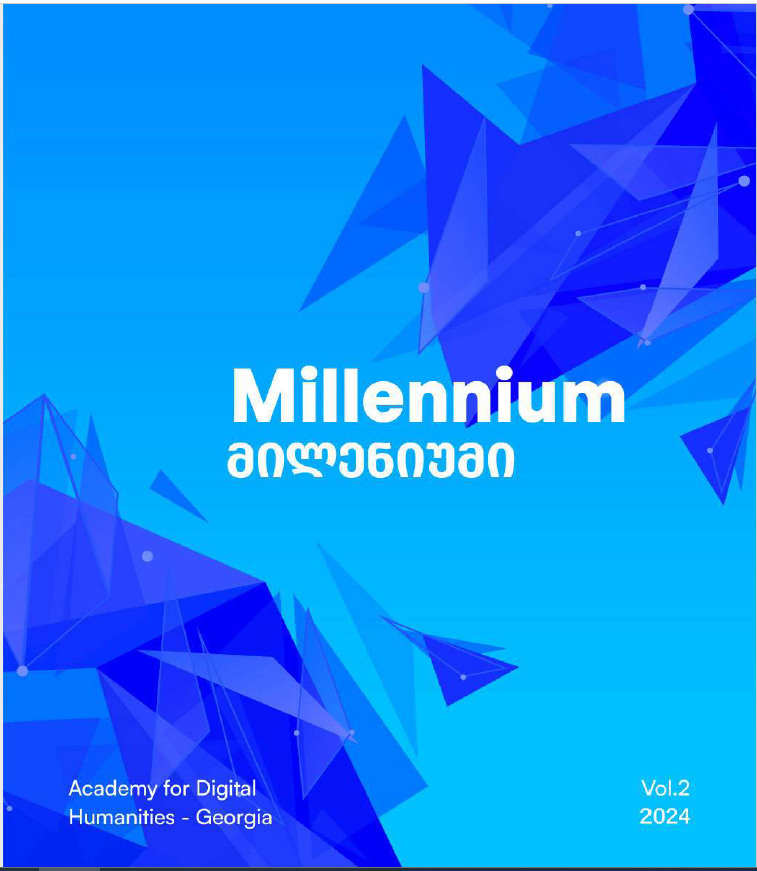თანამედროვე ქართული პოლიტიკური ზეპირმეტყველება გენდერულ და პარტიულ ჭრილში
Main Article Content
ანოტაცია
This paper investigates contemporary Georgian political speeches through the lens of gender and party affiliation, analysing linguistic strategies and rhetorical styles used by different political actors. Despite a long-standing interest in political language in Georgia, systematic politolinguistic research remains underdeveloped, particularly in applying digital methods. The study highlights various aspects that are relevant for the analysis of political speeches and presents corresponding tools.
Using quantitative and qualitative methodologies, including sentiment analysis and argument analysis, the study identifies notable differences in speech patterns. Female politicians like Salome Zurabishvili and Tako Charkviani, utilise more accessible language, more frequently employ personal pronouns, and focus on emotional appeals. In contrast, male politicians like Irakli Kobakhidze and Nika Melia exhibit more argumentative structures and a focus on factual statements, reflecting analytical and policy-oriented communication styles. The study’s findings highlight the importance of considering gender and party affiliation in analysing political language, offering insights into the interplay between linguistic choices and political strategies in Georgia’s evolving democratic landscape.
